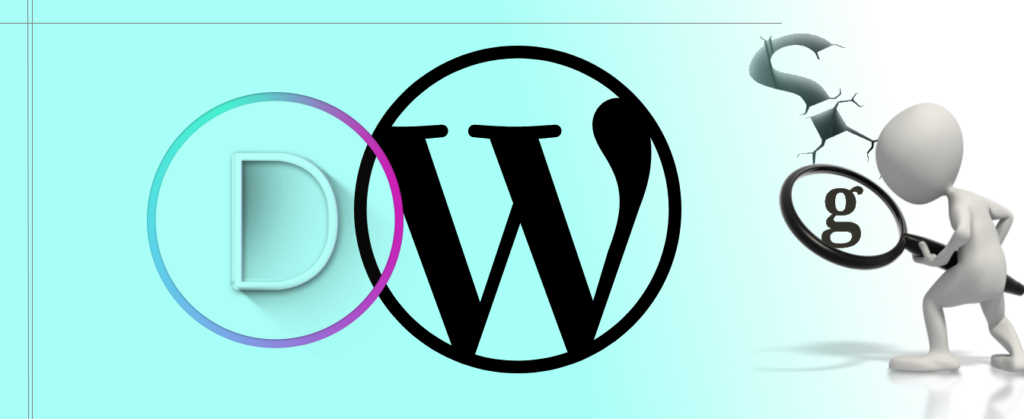How WordPress has lost its way in an evolving market

It seems like one day WordPress just woke up and said, “Look at how much money Facebook is making, let’s do that.” (React) But are you Facebook? No. You are a highly complex ecosystem of plugins, themes and third party development that you just don’t know how to monetize.
It has served your users well. So how do you forge your path forward? By destroying your user base, their products and your own credibility in one fell swoop.
They are, self-admittedly, trying to capitalize on the profitable markets of Squarespace, Wix etc. Have you seen the ads WordPress is running? Everyday businessmen saying, “I’m an expert in… but I don’t know anything about building a website.” Then, “For a quick, easy way to make a website, go to WordPress.com”
They are forgetting their own built-in structure; WordPress.com has been for bloggers, WordPress.org for web design. They are confused and completely out of touch.
What’s more, I’ve read reviews of Gutenberg by bloggers, who said, “Putting everything into a block slows down my writing.” !!!! If bloggers get slowed down, their core premise even for what would work about Gutenberg (basic image formatting etc. in the scope of a blog) is null and void.
Two things:
1. To monetize WordPress.org, all they would have had to do was say, “For those who are going to be using third-party themes and page builders, we will be implementing a WordPress.org rental fee of $20 / year. We’ve let you use it free for 20 years, and to maintain the product going forward, we need something back.” No one would have had a problem with that, we all understand that concept.
Multiply that by even a low number of 10 million websites, that’s already $200 million out of the gate!! Without incurring any costs at all, just putting in a notification into an update (with some prior warnings that it was coming).
2. If they had really wanted to incorporate a page builder, they should have bought Divi. End of story. Then they could have offered it exactly as it is now; the option to use, or not use the Divi Builder.
But then they don’t seem to know what they want, because a blogger is not going to want the hassle and complexity of a full page builder, so why are they marketing WordPress.com as the main website development feature?
They could have kept it very simple: maintain WordPress.com as it is and inform users of the optional Divi page builder plugin for more complex blogs.
Then with the integration of Divi, they already had a built-in, proven system with an audience of half a million users that have already beta tested it for many years.
Sometimes I wonder who puts these people in charge. Seriously. And the same with Twitter, always griping about, “How do we monetize it?” Ridiculous. Give me half an hour and I’d show them. And it starts with not destroying a viral framework with 100 million users (Vine).







